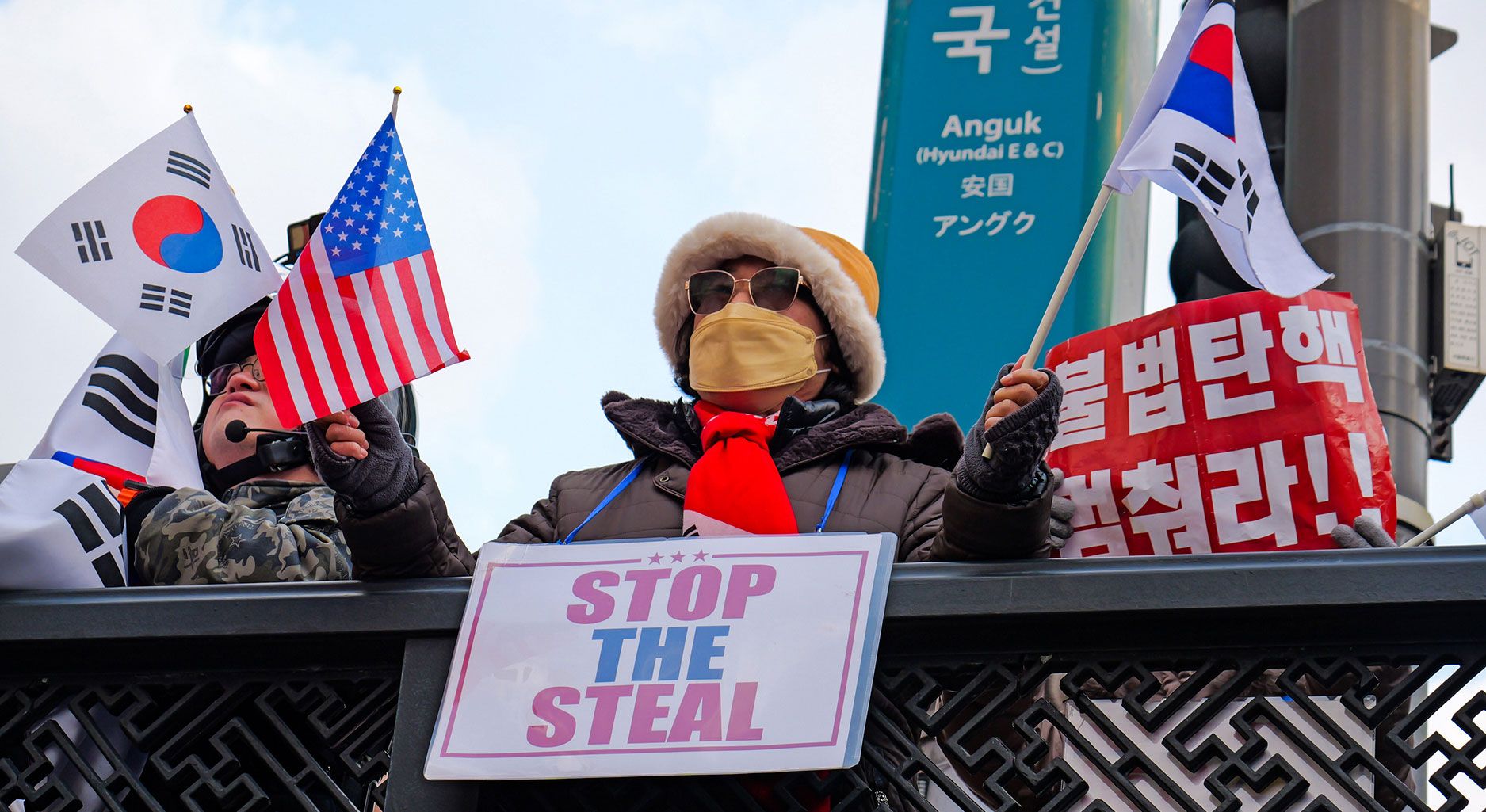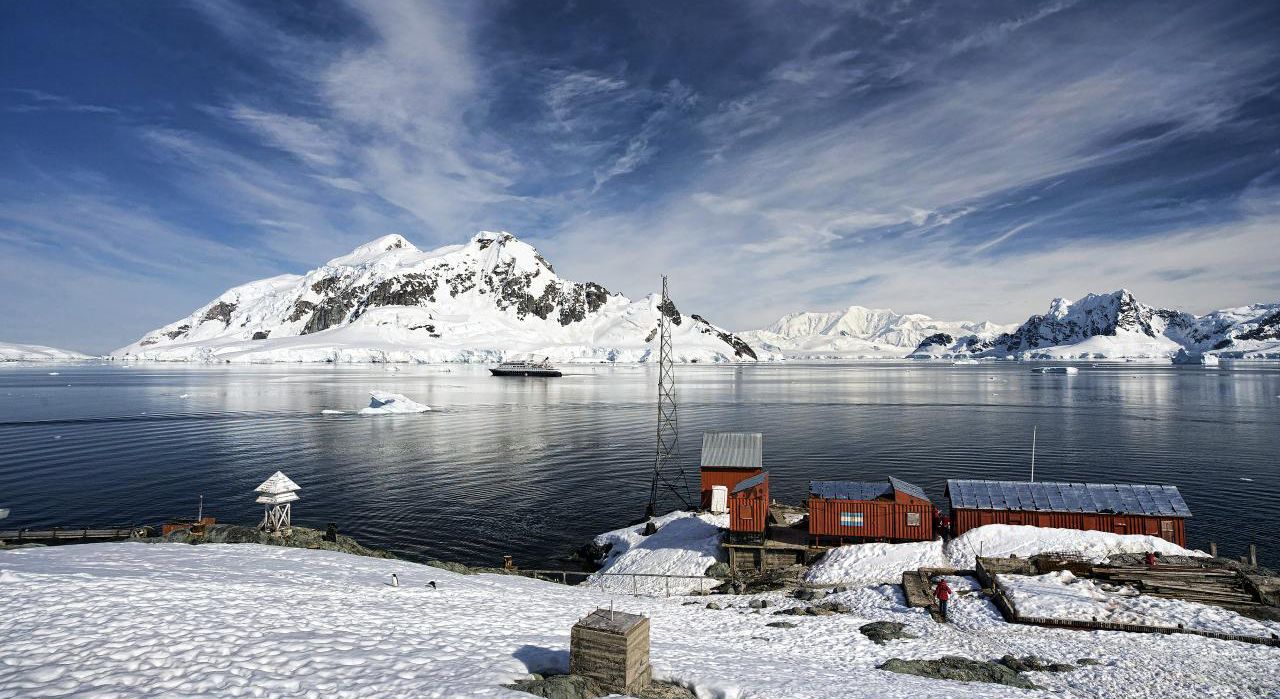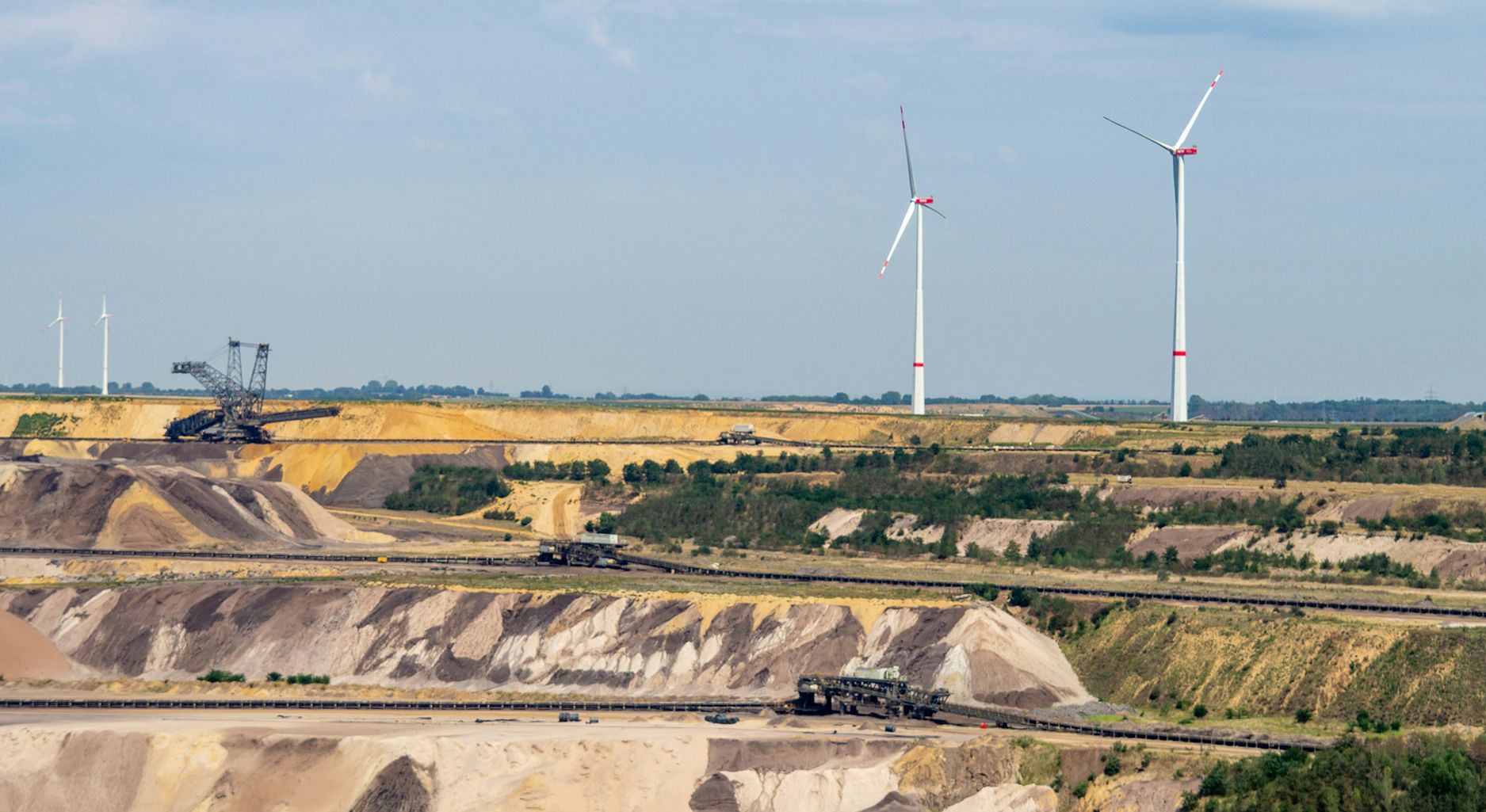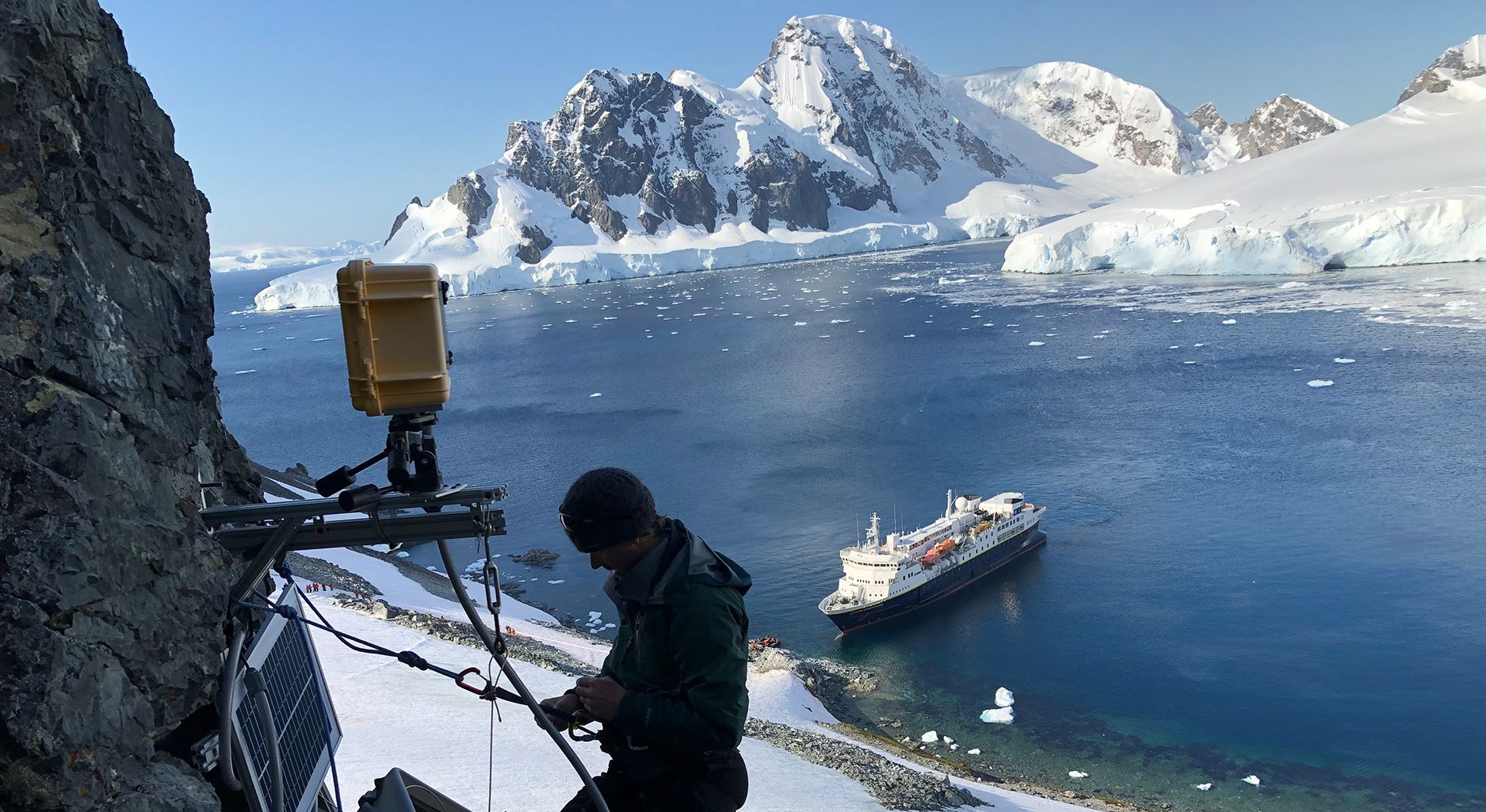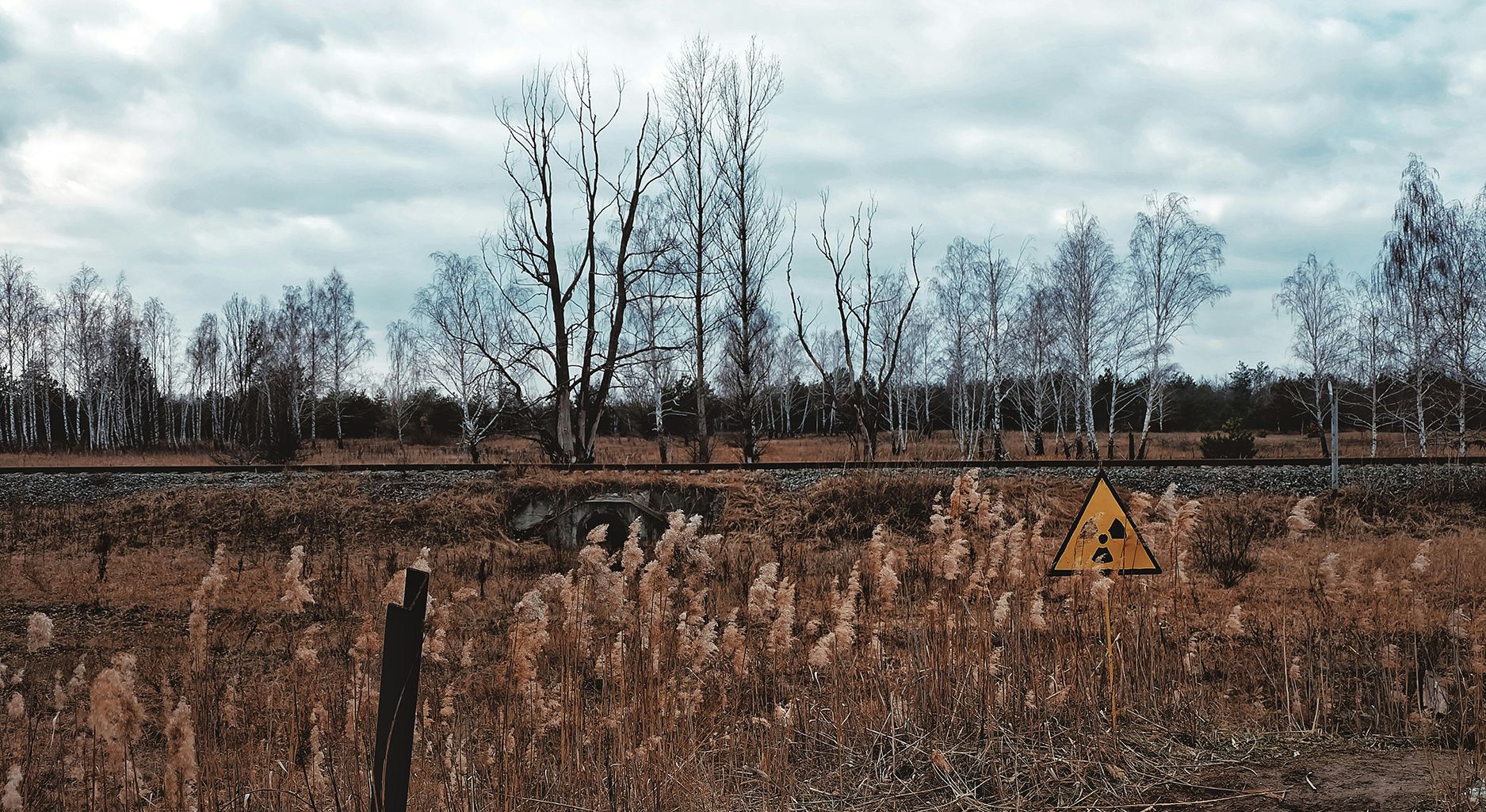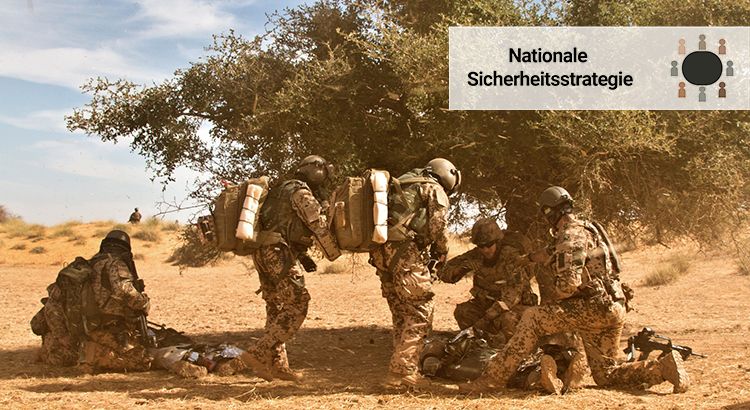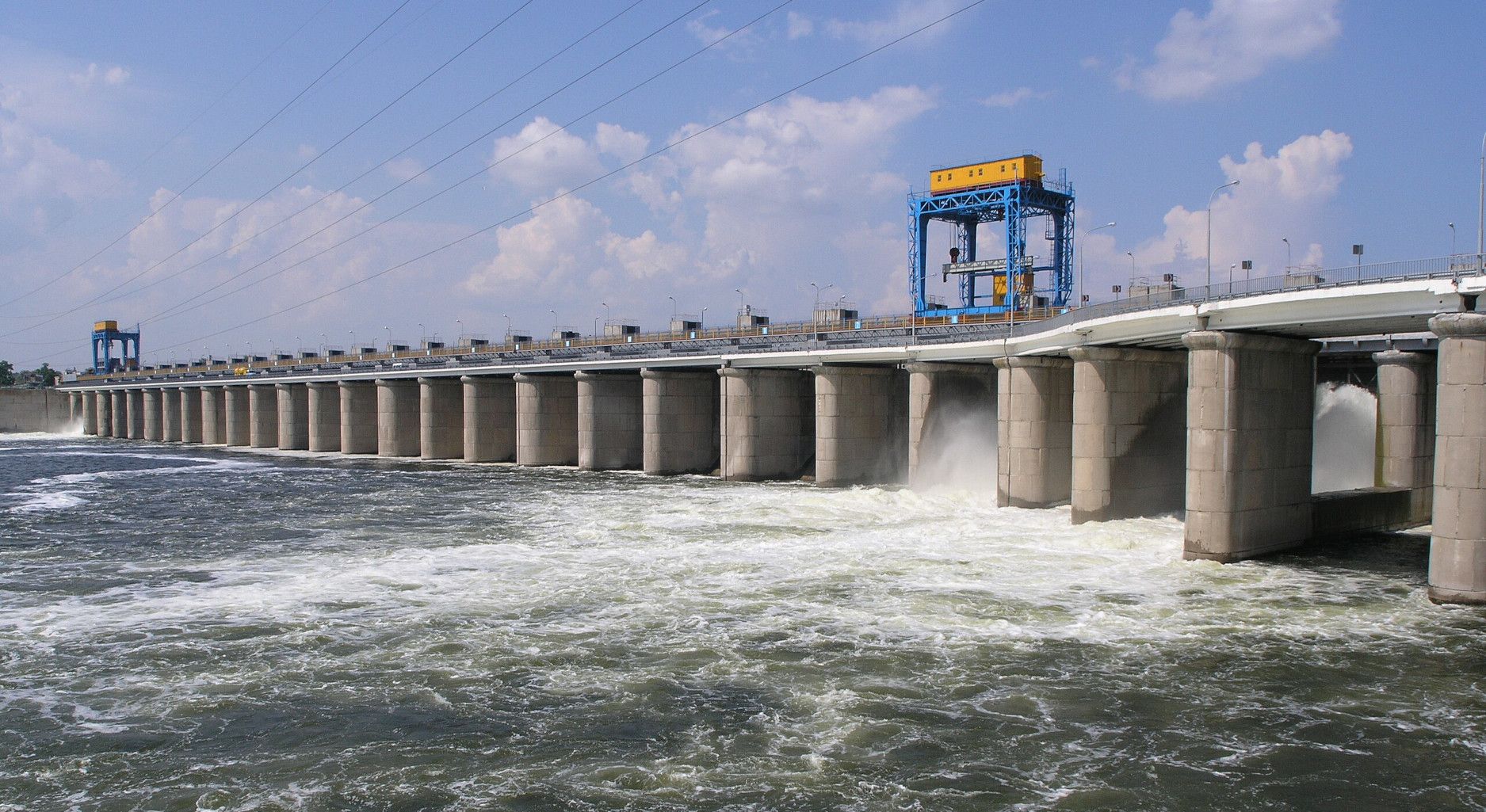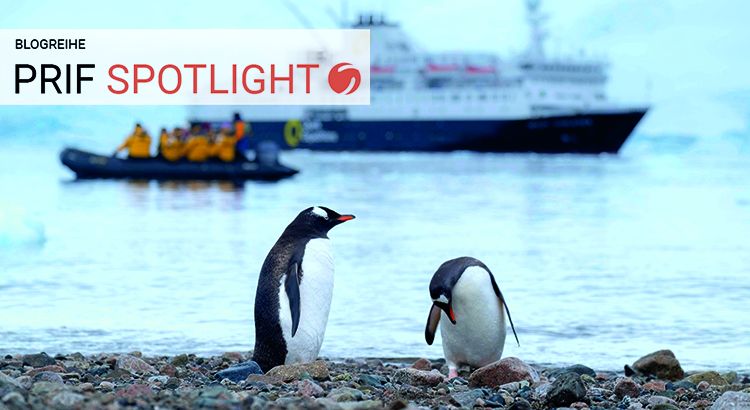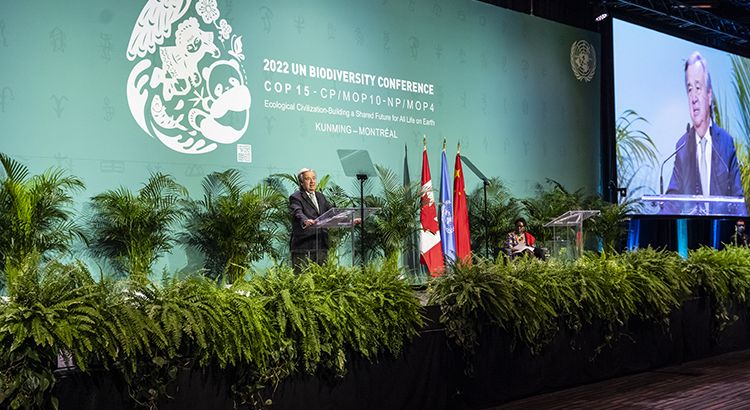Author: Patrick Flamm
Dr. Patrick Flamm ist wissenschaftlicher Mitarbeiter am PRIF im Programmbereich Internationale Sicherheit. Seine Forschung konzentriert sich auf das Verhältnis zwischen Umwelt, Frieden und Sicherheit im „Anthropozän“ sowie auf polare Geopolitik. // Dr. Patrick Flamm is a Senior Researcher at PRIF in the Research Department International Security. His research focuses on the relationship between the environment, peace and security in the “Anthropocene” as well as on polar geopolitics.
Als der südkoreanische Präsident Yoon Suk-yeol im Dezember 2024 überraschend das Kriegsrecht ausrief, galt dieses zwar nur sechs Stunden. Das Land wurde aber dennoch in eine tiefe politische Krise gestürzt. Yoon wurde vom Parlament des Amtes enthoben, widersetzte sich dann aber wochenlang seiner Festnahme. Die Neuwahlen des Präsidentenamtes am 3. Juni finden nun vor dem Hintergrund einer scharfen innenpolitischen Polarisierung und wachsender handels- und sicherheitspolitischer Herausforderungen statt. Diese Vorgänge stellen auch Deutschlands „Wertepartnerschaft“ mit Südkorea in Frage, die zukünftig pragmatischer ausgerichtet werden sollte.
Confronting Antarctic Security. Let’s stop chasing spectres at the South Pole!
Antarctica is often celebrated as a continent of peace and science. All ‘measures of a military nature’ – other than logistic and technical support for scientific endeavours – are prohibited by the Antarctic Treaty, which remains widely observed some 66 years after it was negotiated in 1959. However, conversations about ‘Antarctic security’ appear to be increasing in frequency and salience. Rather than chasing military and national security spectres at the South Pole, we should invest more in diplomatic and political efforts to ensure the ongoing effective and peaceful management of the Antarctic.
Nirgends und doch überall: Klimapolitik ist Sicherheitspolitik ist Wirtschaftspolitik
Auch auf den letzten Metern des Bundestagswahlkampfes findet Klimaschutz als Wahlkampfthema kaum statt. Bei der Quadrell genannten Fernsehdebatte mit den Kanzlerkandidat*innen der Parteien CDU/CSU, SPD, Bündnis 90/Die Grünen sowie AfD wurde dazu erneut keine einzige Frage gestellt. In deutlichem Kontrast zur letzten Wahl 2021 scheint keine der großen Parteien gegenwärtig im Klimaschutz ein Thema zu sehen, mit dem man Wahlen gewinnen kann. Dabei ist Klimaschutz längst ein zentraler Bestandteil der Wirtschafts- und Sicherheitspolitik Deutschlands und er lässt sich nicht auf reine Klimapolitik begrenzen.
Saving the Planet by Making Antarctica the Object of International Discord?
The recently published Emissions Gap Report 2024 warns that international ambitions must be dramatically raised or the Paris Agreement’s 1.5°C goal will be gone soon. The current COP 29 conference is unlikely to deliver, however, and with new emission records for 2024 just confirmed and climate impacts intensifying, there is an increasing push for more contentious ideas, such as geoengineering the fragile West Antarctic Ice sheet. While there are several technical and environmental concerns, what has been largely overlooked are the political risks of such an endeavour, in particular challenges to the authority, sovereignty, and security of the Antarctic Treaty System.
A Green Recovery for Ukraine: How to Avoid the Trap of Green Colonialism?
The environment is not a silent victim in Russia’s war against Ukraine; the long-term threats for the people of Ukraine are already visible. The environmental dimension of the war has been documented from early on. In this respect, the war is a model for future military conflicts. President Zelenskyy emphasized in his peace plan that green reconstruction is an essential element for a just and sustainable future. Green reconstruction, as every reconstruction, needs international support and local engagement. In this blog post, we identify the conditions that must be met to ensure that local groups are empowered and new international dependencies are avoided.
Socio-ecological Transformation Conflicts: A Central Field of Conflict and Research in the 21st Century
Conflicts over climate and energy policy, security and geopolitical dimensions of global decarbonisation, or human and environmental rights violations in global value chains: The current socio-ecological transformation is causing new and exacerbating existing socio-political conflicts that will characterise the 21st century. The new working group on socio-ecological transformation conflicts, which introduces some of its fields of research in this blog series, brings together existing expertise on these conflicts at PRIF.
Nachhaltig wehrhaft?
Die erste Nationale Sicherheitsstrategie für Deutschland ruht auf drei Säulen. Wehrhaft, resilient und nachhaltig soll Sicherheit zukünftig gestaltet sein. In diesem Blog diskutieren wir die Verknüpfung der wehrhaften und der nachhaltigen Sicherheit und zeigen dabei eine bedeutende Lücke auf. Ausgerechnet bei der so wichtigen Verknüpfung von Klimaveränderung und Sicherheit findet sich kein Hinweis darauf, dass auch die Ausstattung und Infrastruktur der Bundeswehr und ihre Einsatzpläne dem Ziel der Nachhaltigkeit entsprechen sollten. Ein Ansatz der integrierten Sicherheit sollte diese Dimension der nachhaltigen Wehrhaftigkeit aber unbedingt einschließen. Entsprechend empfehlen wir der Bundeswehr, nun eine eigene Strategie zur Klimasicherheit zu erarbeiten.
Der dramatische Dammbruch von Kachovka und seine kurz- und langfristigen Folgen
Am Morgen des 6. Juni 2023 wurde gemeldet, dass der Kachovka-Staudamm zerstört wurde, und dass dadurch weite Gebiete flussabwärts, inklusive der Großstadt Cherson, durch eine Flutwelle bedroht werden würden. Der ukrainische Präsident Selensky macht für diese Katastrophe Russland, welches seit dem 24. Februar 2022 den Damm und das dazugehörige Wasserkraftwerk besetzt und kontrolliert hat, verantwortlich. Ob durch eine gezielte Sprengung oder durch grobe Fahrlässigkeit, der Dammbruch hat dramatische kurz- und langfristige Folgen für die Südukraine in Bezug auf Landwirtschaft, Wassersicherheit sowie auch den Schutz vor einem radioaktiven Unfall.
Is Antarctica Still Exceptional? The Case for “Co-opetition” at the South Pole
Antarctic diplomacy has famously shielded the continent of peace, science, and environmental protection from outside conflict and war. This “exceptionalism” is now being tested by Russia’s war against Ukraine and the belief that international strategic competition between great powers is spilling over into the Antarctic. In order to keep the Antarctic exceptional, however, it would be wise to refocus on what has made Antarctic diplomacy so successful in the first place: cooperation in order to compete, or “co-opetition.”
Stopping the Biodiversity Apocalypse: Existential Threats and Ecological Justice at COP15 in Montreal
Global biodiversity is in a deep crisis. UN Secretary General Antonio Guterres spoke of a “biodiversity apocalypse” and of “humanity as a weapon of mass destruction”. The COP15 gathering in Montreal from 7-19 December is tasked with finding a new global framework for effectively protecting global biodiversity. Despite of the scale and speed of biodiversity deterioration, the language of security obscures the key aspect of ecological injustice: not all of humanity is causing environmental destruction but specific modes of economic development and the inequitable distribution of environmental benefits and burdens between Global North and South, as well as non-human nature.
